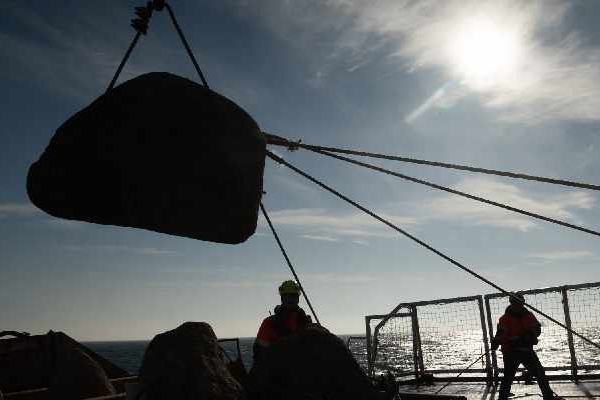
Greenpeace campaigners have built an underwater “boulder barrier” to stop damaging fishing in a protected area of the English Channel.
Activists have dropped a series of boulders from the Greenpeace ship Esperanza in the Offshore Brighton marine protected area to close off nearly 55 square nautical miles of the sea from bottom trawling.
The environmental group says bottom trawling, in which heavy weighted nets are dragged over the seabed to catch fish, is ploughing up the sensitive seabed habitat for which the area is protected.
The gravel and rock seabed of the conservation zone 28 miles south of Selsey Bill, West Sussex, is home to wildlife including starfish, hermit crabs and anemones and is a rich hunting ground for skates, rays and other fish.
Celebrities including Thandie Newton, Hugh Fearnley-Whittingstall, Paloma Faith, Bella Ramsey, Mark Rylance, Jarvis Cocker and Ranulph Fiennes have signed their names to boulders dropped into the sea.
It comes after Greenpeace constructed a boulder barrier to protect seabed in the Dogger Bank in the North Sea from bottom trawling
The Government has since proposed new bylaws to completely close Dogger Bank and South Dorset protected areas to bottom trawling, and partially close two other sites, a move made easier after Brexit as it no longer requires agreement from other EU member states.
While Greenpeace said the move showed some political will to protect British waters, the group warned 97% of the UK’s offshore marine protected areas – 74 out of the total 76 – were still open or partially open to destructive fishing.
Chris Thorne, an oceans campaigner at Greenpeace UK, urged the Government to “show more ambition” and urgently ban destructive industrial fishing from all offshore protected areas by restricting vessel licences.
Speaking from on board Esperanza, he said: “Offshore Brighton is the perfect monument to our government’s failure to protect our seas.
“It exists specifically to protect the seabed, but bottom trawlers spend thousands of hours each year ploughing this sensitive habitat.
“The Government’s move to properly protect just two of the UK’s protected areas barely touches the tip of the iceberg in terms of what is needed to save our oceans.
“All of the UK’s protected areas need real protection, not just a handful.
“This government is supposed to be showing global leadership on ocean conservation and fighting for 30% of the world’s oceans to be protected, but it can’t even properly protect 30% of our own waters.”
Mr Fearnley-Whittingstall said he was proud to put his name on one of the boulders.
“This action will play a small but significant role – and far more than our Government has so far done – to actually protect Offshore Brighton in a pragmatic and effective way.
“However, this shouldn’t be necessary. Our fervent hope is that our government will now turn words into action, paper parks into real conservation, and properly protect our oceans,” he said.
The boulders form an underwater barrier as any bottom trawlers trying to fish over them will get their gear snagged and ruined on the rocks.
Greenpeace said it has informed relevant marine authorities of the location of each boulder, which are only preventing bottom trawling in part of the protected area, to ensure navigational safety for other seafarers.
It also commissioned an environmental impact assessment which concluded the activity would not have a significant impact on the protected features of the Offshore Brighton marine conservation zone.

 Olympic hopes across the South
Olympic hopes across the South
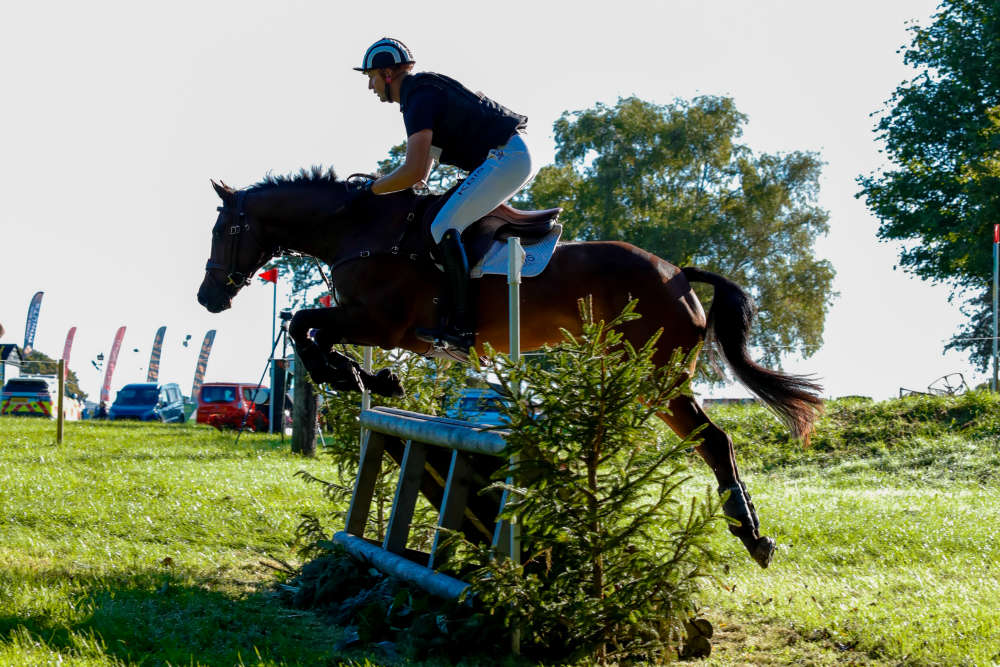 South of England Showground to host Autumn Show & Horse Trials
South of England Showground to host Autumn Show & Horse Trials
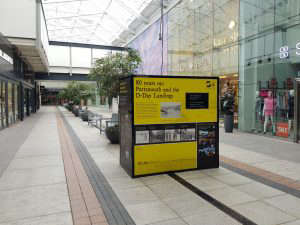 New D-Day displays pop-up around Portsmouth
New D-Day displays pop-up around Portsmouth
 London man sentenced in connection with Hampshire burglary series
London man sentenced in connection with Hampshire burglary series
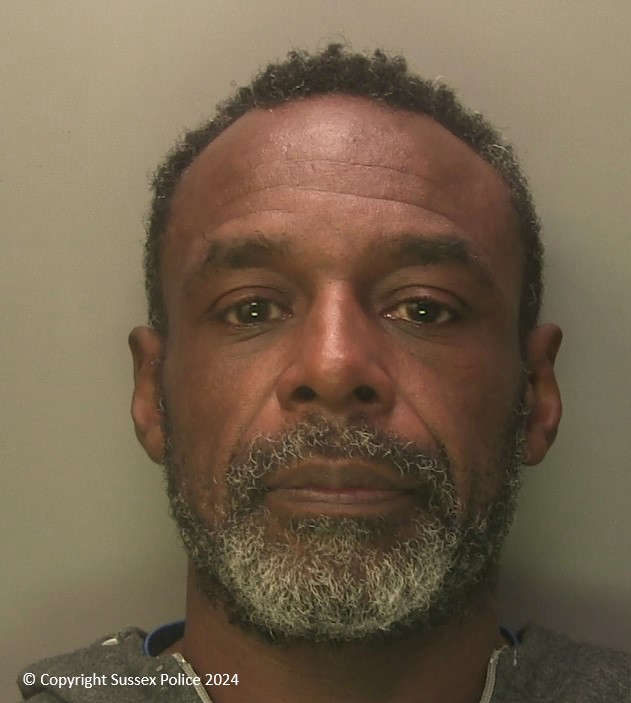 Southwick man jailed for rape and violent abuse
Southwick man jailed for rape and violent abuse
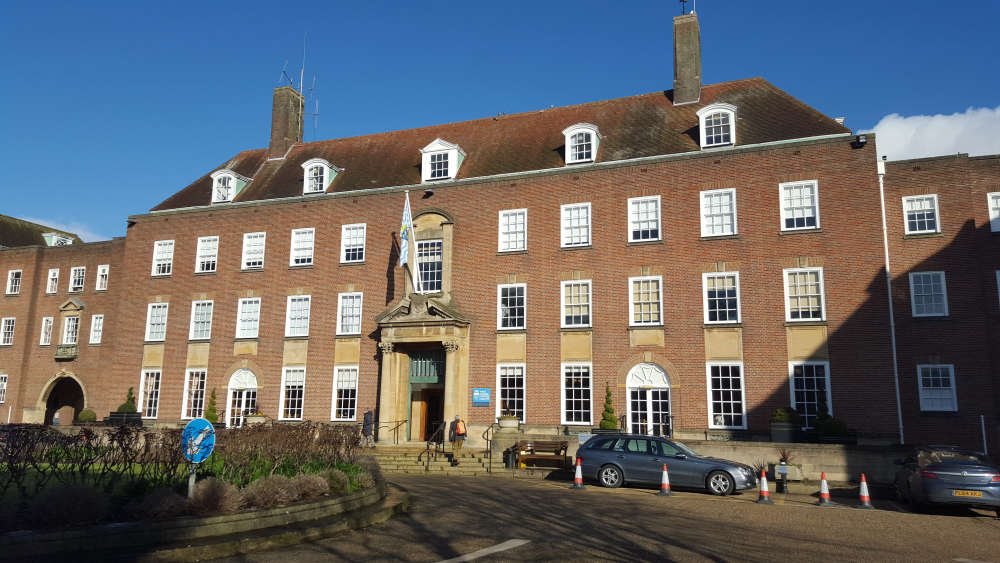 Budget gap at West Sussex County Council
Budget gap at West Sussex County Council
 Supporting Portsmouth's young people with disabilities travel around the city
Supporting Portsmouth's young people with disabilities travel around the city
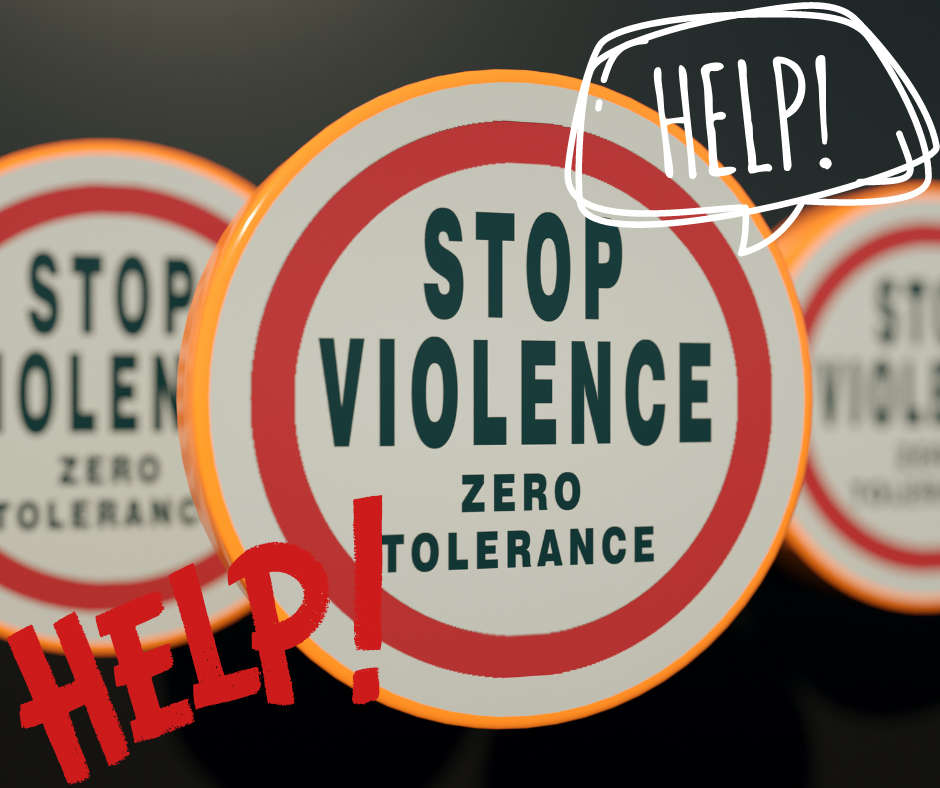 Sussex Police welcomes call for whole-system approach to tackling violence against women and girls
Sussex Police welcomes call for whole-system approach to tackling violence against women and girls
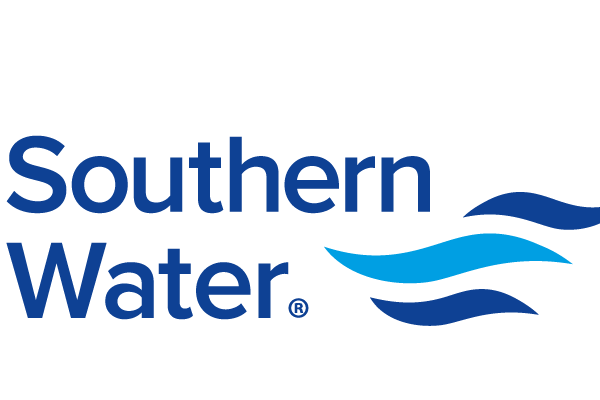 Major works to protect East Dean village from flooding begin
Major works to protect East Dean village from flooding begin
 Chagos Islanders in Crawley still have no home
Chagos Islanders in Crawley still have no home






